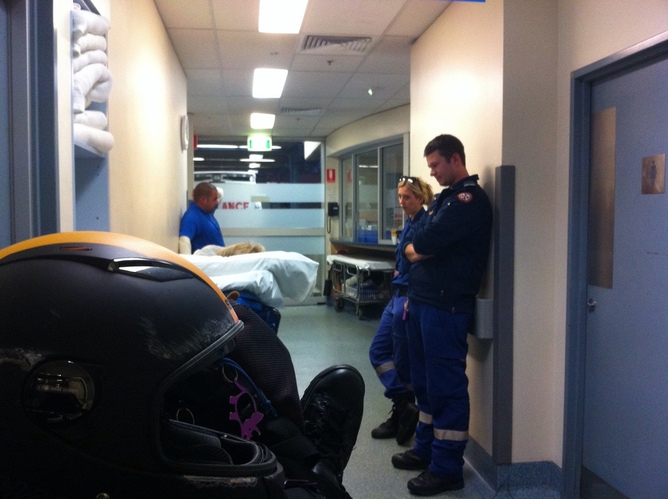
The federal budget is expected to confirm news that a number of government agencies, including some health advisory bodies that provide oversight and recommendations based on evidence, will be axed, sold or merged into others.
One of the emerging themes in our political discourse recently has been the need for accountability, and it’s a theme prime minister Tony Abbott has largely, if unwittingly, driven. His incessant call for the need for government to tell the truth or be judged for it while in opposition could be interpreted as a call for greater accountability.
The proposed merger of government agencies is a step in the opposite direction.
Some of these health agencies have a long history of service while others have not yet had a chance to reach their potential. The one thing they have in common with all the other bodies is that they provided at least a semblance of accountability.
The government will create a new National Productivity and Performance Authority that will combine the Australian Commission on Safety and Quality in Health Care, Independent Hospitals Pricing Authority, National Health Funding Body, National Health Funding Pool Administrator, National Health Performance Authority and Australian Institute of Health and Welfare (see below for the functions of each).
Many of these are independent for a very good reason. They provided a semblance, at least, of disconnection from the political decision making that pervades the commonwealth bureaucracy. They also provided direct links to researchers and evaluators who generate much of the evidence on which decisions can be objectively made.
Worse still, there are conflicts of interest involved in the merger. The Independent Hospitals Pricing Authority, for instance, should be independent from the National Health Funding Body if we want truly accountable health funding decisions that are not influenced by cash-strapped bureaucrats being leaned on by Treasury officials.
The same goes for the National Health Funding Pool Administrator and the National Health Performance Authority.
The Australian Institute of Health and Welfare that is co-owned by the states, territories and The Commonwealth, and has a representative board that might not agree to wind up. This agency has an extremely valuable data collection role on which much of the health system relies.
Its threatened disappearance will be a blow to the accountability we now have (at least in part and in theory) for decisions being made by politicians and senior bureaucrats.
There are very many hard-working and, in many cases, overworked officials in health, whose own health could be at risk if governments continually expect blood from the bureaucratic stone.
The effect of the proposed merger will not be better, more informed decisions. Rather, we will be getting advice that’s less driven by evidence, involves more guesswork about the ideological needs of the current government and less accountable.
Australian Commission on Safety and Quality in Health Care
Formed in 2006 by the Commonwealth in partnership with the states and territories, this body coordinates improvements and sets Australian standards for health-care safety and quality.
Independent Hospitals Pricing Authority
A Commonwealth agency formed in 2011. Its chief role is to assist in calculating the level of funding that should be allocated to individual hospitals.
In some areas, it already works in partnership with the National Health Performance Authority and the Australian Commission on Safety and Quality in Health Care.
This agency was formed in 2012 and its primary function is to assist the Administrator of the National Health Funding Pool. It describes its role as enabling and supporting more transparent and efficient public hospital funding.
National Health Funding Pool Administrator
The Administrator delivers monthly reports on National Health Reform funding for public hospitals across Australia and oversees payments to hospitals from the national funding pool.
National Health Performance Authority
An agency that monitors the performance of local health-care organisations, including Local Hospital Networks, public and private hospitals, and primary health -are organisations, such as Medicare Locals.
It also provides data and information to the public on Australia’s health-care system to inform policy decisions and increase transparency.
Australian Institute of Health and Welfare
An independent statutory authority established in 1987 to provide information and statistics on health and welfare. The Institute delivers reports on fields, such as disease and injury, mental health, ageing, homelessness, disability and child protection.
Source: The Conversation
